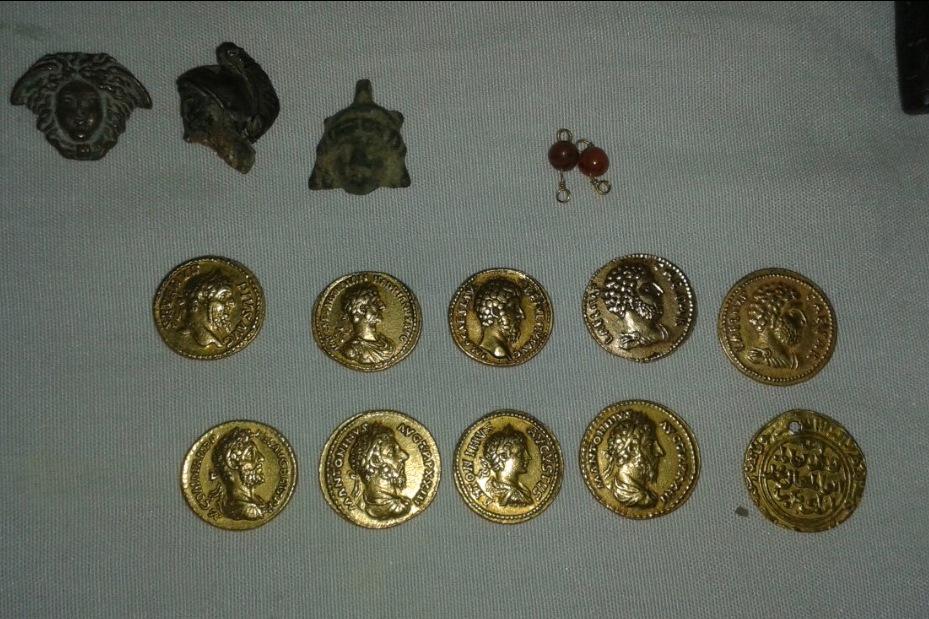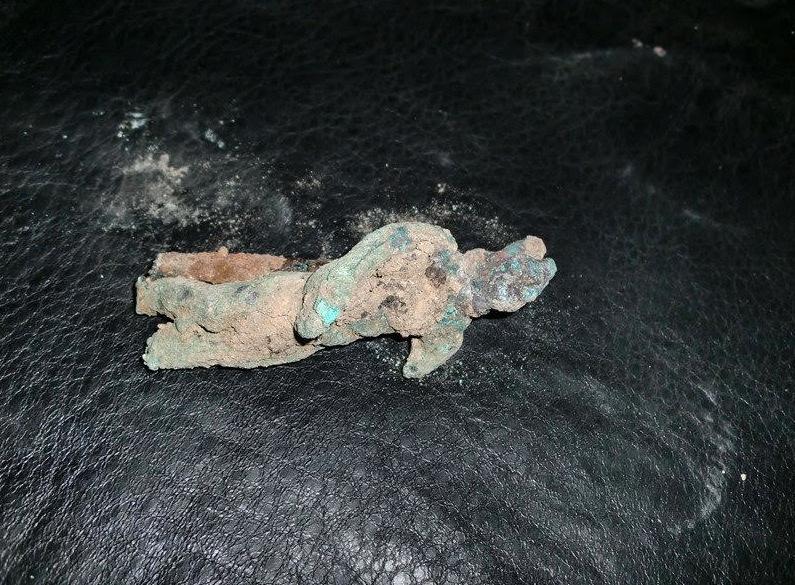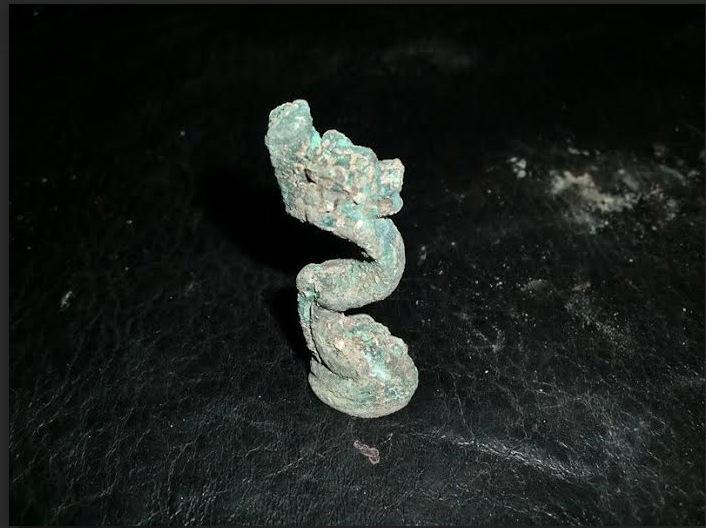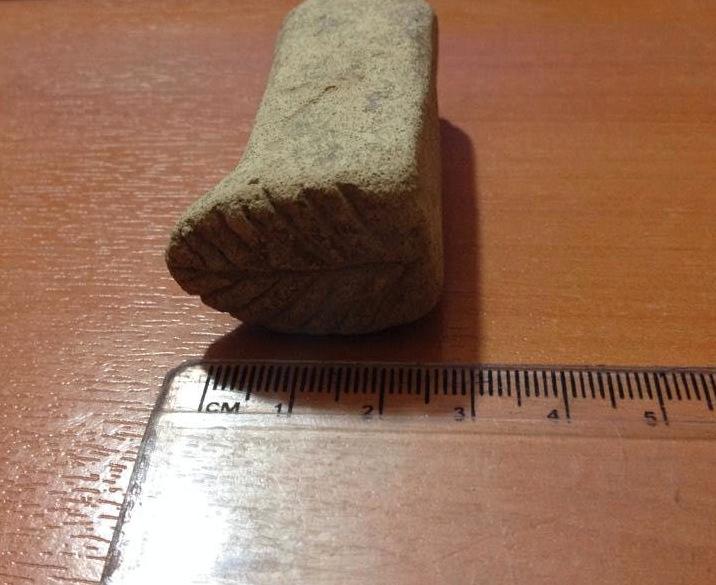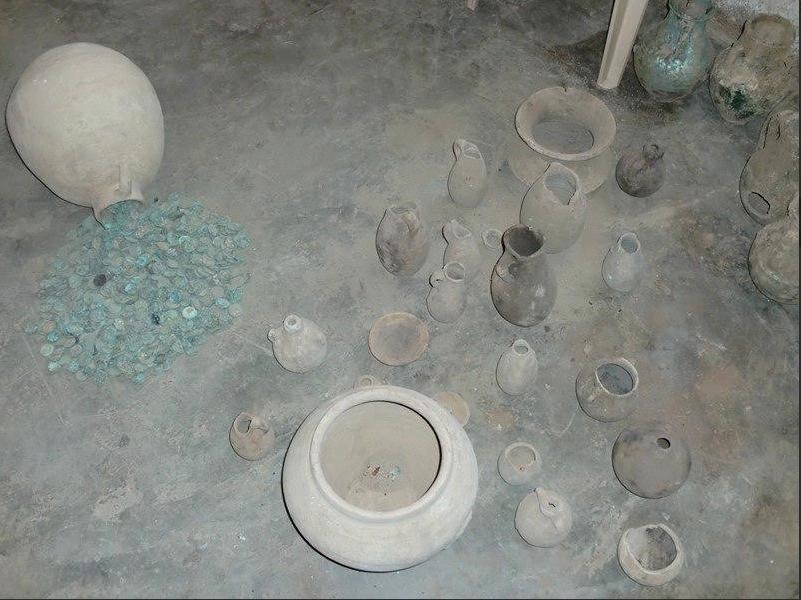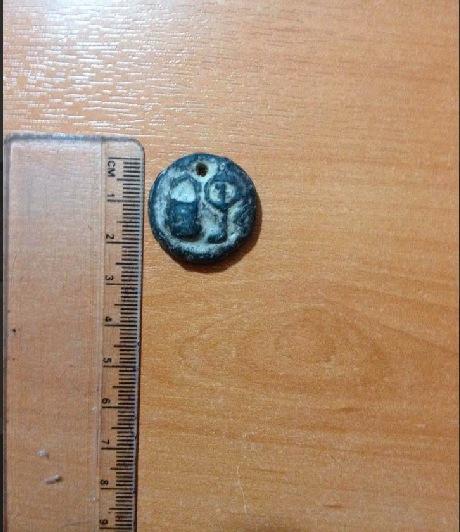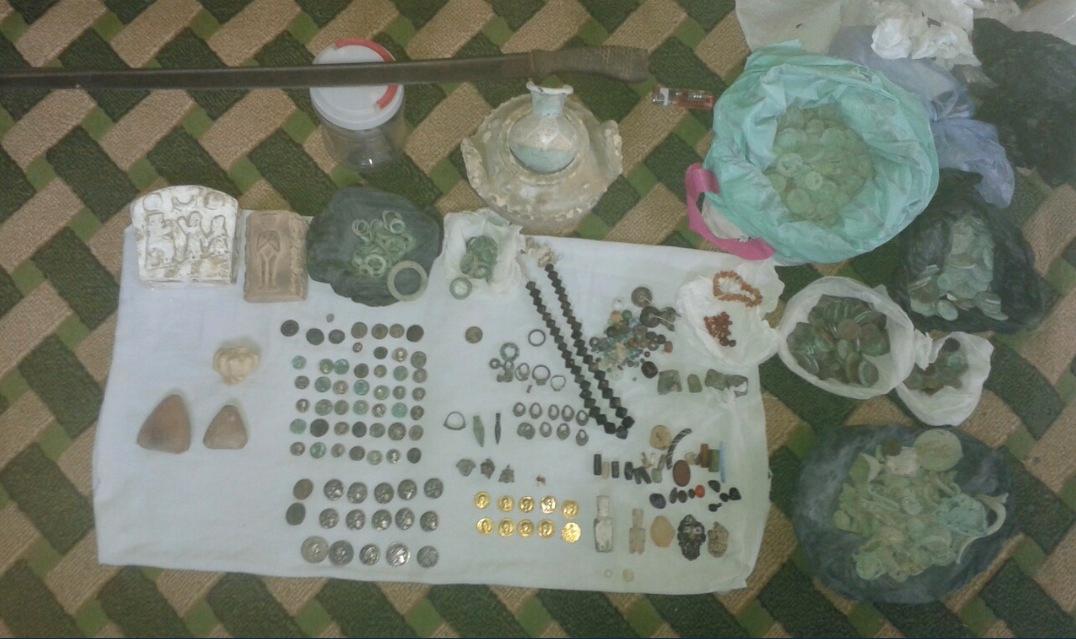ISIS selling Syria’s priceless treasures
Publicerad 2015-06-16
Aftonbladet offers to buy “blood antiques” from ISIS. Using a false identity, we reveal the smuggling of looted items from the Syrian war and the tracks leading straight to the terrorist group’s capital city, Raqqa.
“I can get whatever you want, as long as you can pay,” says one of the smugglers.
Tipsa oss påThe situation in Syria is a humanitarian disaster – but its residents are also being looted of thousands of years worth of history. Archeologists worldwide warn that priceless cultural treasures are disappearing forever.
This past spring, through sources on the ground in Syria, we gained access to the contact details for a number of people who claim to be smuggling for the ISIS cause. Several leads have proven to be dead ends; but in the middle of May, just as ISIS was reported to have taken control of the ancient desert city Palmyra, we made contact with one of the smugglers for the first time.
”Whatever you want”
His name is Fayeez and he sounds confident when we talk to him through Viber.
“If you want any items from Palmyra, I can get them. I can get whatever you want, as long as you can pay,” Fayeez says.
Using the name Nicole, we purported to be a wealthy woman of Syrian background who has lived in Sweden for many years. This woman now manages an antique store and is interested in buying antique gold, jewelry, and religious objects. The older and more unique the items, the better. It appears Fayeez is able to provide everything.
“I dig up most of the items myself with my bare hands,” Fayeez says when we ask how he has come across the goods.
Fayeez claims that he has dug up bronze sculptures from different burial sites. We later learn that these sculptures are over 5,000 years old.
He says that he lives in the city of Deir a-zor, and through the chat program’s positioning function, we can see that he is telling the truth. The city is located in east Syria and is controlled largely by ISIS.
There is a training camp for newly arrived terrorists in Deir a-zor where, in May, Syrian government forces allegedly conducted a raid and killed ISIS leader Abu al-Taym al-Saudi.
Deir a-zor is also one of the cities that has suffered the worst looting in recent years. Satellite images show historical structures razed to the ground after ISIS has taken control of them.
Sends pictures
When we let Fayeez know that our fictitious buyer, Nicole, is prepared to spend thousands of dollars, he gives us his full attention.
Fayeez wants to do business and asks us to come to Sanliurfa, a city in southern Turkey that is known to be a gathering place for ISIS fighters on their way into and out of Syria.
“We have people who bring these items to Turkey. Come there and they will meet you and show you what we have to offer,” Fayeez says.
We say that we do not want to travel without proof that he really has the objects he claims to have in his possession.
“I can send pictures of everything I have now and if you want something specific, you can send a description and I will get it.”
In the following weeks, we receive 15 photographs showing dozens of antiques, everything from thousand-year-old gold coins to antique statues, Ottoman swords, jewelry, and pots. Fayeez does not want to be in the pictures himself – not even with a mask on – and he does not want his location to be visible. We ask him to send photographs taken from several different angles to assure us that he really has the items in his possession.
“Why are you so suspicious?” he wonders.
“Why would I cheat you? I want to sell and earn money. These things are God’s gifts that he has given to us to do what we want with.”
Black market
The organised stealing of antiques is not a new phenomenon. In the year following the USA’s invasion of Iraq, large collections of goods started to appear on the black market. The war was raging in one of the world’s most important archeological areas, and the chaos that followed opened an entirely new market for items that had been prohibited previously.
15 years later, smuggling has exploded. In Syria, which has six UNESCO World Heritage Sites, ISIS has taken control of nearly everything.
In an effort to save the country from being completely emptied of its historical heritage and to cut off one of ISIS’ most important sources of income, the United Nations has banned all trade of antiques from Syria.
But according to several experts, this ban has not had an effect. The border between Turkey and Syria is over 500 kilometres long, and security can be described as permeable at best. ISIS has had no difficulties in transporting thousands of fighters over the border through secret border crossings. These same routes are being used to empty the country of its history.
International trade
Throughout May and the beginning of June, multiple smugglers were involved in our negotiations, which usually took place through Viber or WhatsApp, but also over patchy phone lines.
Through Fayeez, we move up the smugglers’ hierarchy, step by step. One man who calls himself Ahmad claims that he trades internationally with antiques and that he has wealthy clients in Europe, USA, and the Arab world. He is very anxious to arrange a meeting with Nicole.
“If you don’t want to travel yourself, you can send someone else, a man. He can come here and live as a guest in my home.”
Ahmad sends pictures of forged documents that he says will be included with any purchases.
“This is a certificate showing that you have bought these objects from legal traders in Turkey.”
Ahmad lives in Raqqa and confirms that he works with ISIS and that it is they who receive the majority of his sales.
“I must work together with them. I need their goods and they need me to transport them,” says Ahmad.
When we ask about his relationship with the violent Islamist movement, he becomes suspicious.
“You ask too much. Are you from the military?”
We assure him that we only want to do business and ask him to send a video clip of the goods he can sell to us to prove that he has them in his possession. Finally, NN sends a short video of him holding an antique vase and asks us to come to Sanliurfa.
“I can pick you up from the airport and you can decide yourself if you want to buy or not.”


